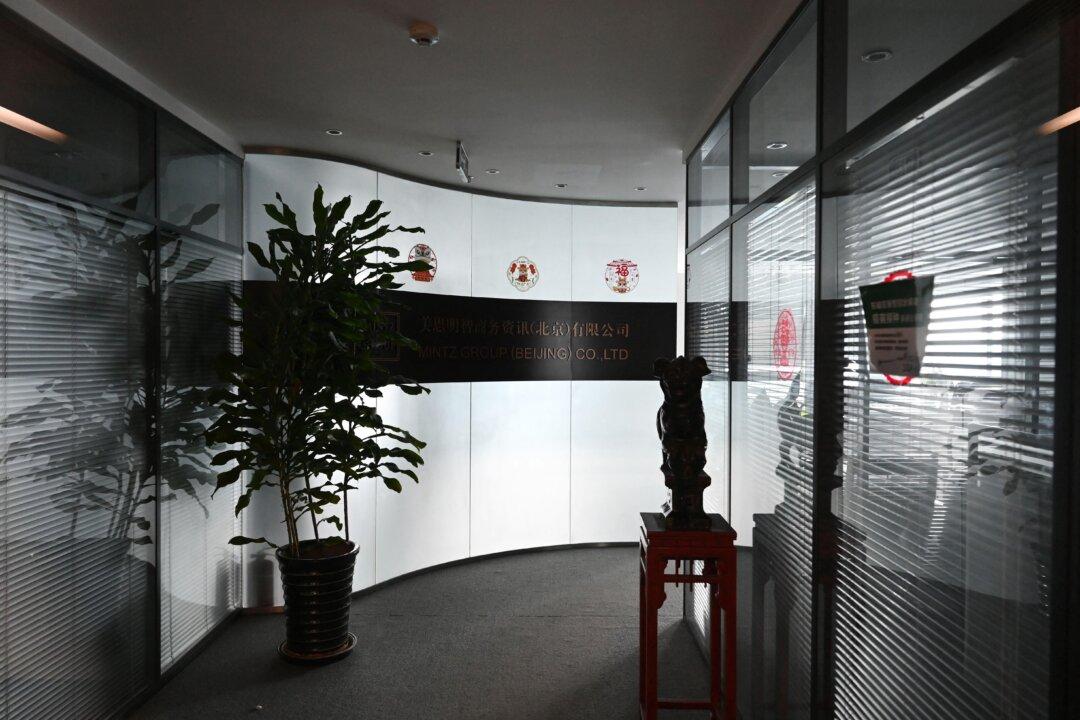Vague laws, tensions with Washington over technology, geopolitics, and a slowing economy are key impediments for U.S.-based firms in China, according to an annual poll conducted by the American Chamber of Commerce (AmCham) in Shanghai.
“2023 was supposed to be the year investor confidence and optimism bounced back after years of Covid disruptions and restrictions,“ a report released by AmCham on Sept. 10 stated. ”According to our 2023 survey of U.S. businesses in China, however, the rebound has not materialized and business sentiment has continued to deteriorate.”





